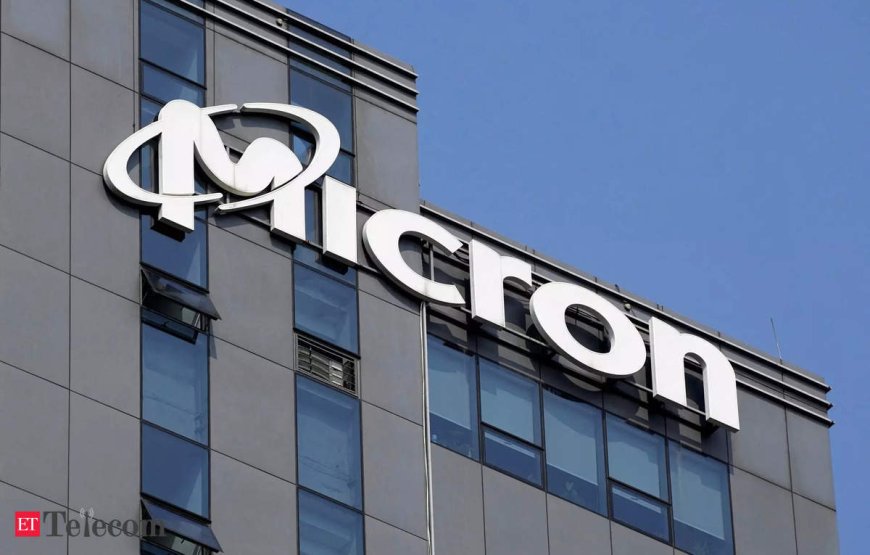Micron's Legal Settlement with Jinhua Integrated Circuit Co
Micron Technology Inc., a prominent US-based chipmaker, has recently finalized a global settlement of a seven-year-old intellectual property theft lawsuit against Jinhua Integrated Circuit Co, a Chinese state-owned competitor. This development marks the end of a lengthy legal battle between the two companies, with both agreeing to dismiss their respective complaints globally.

Background of the Dispute
The Initial Allegations and Legal Actions
The conflict began in 2017 when Micron filed a lawsuit against Fujian Jinhua and United Microelectronics Corp (UMC), a Taiwan-based company, in a US court. Micron accused both entities of stealing secrets related to its memory chip technologies. The allegations were significant, considering Micron's status as the only US-based manufacturer of DRAM chips and its competitive advantage due to its intellectual property in designs, development, and manufacturing.
Also check LG 32GR93U, Lenovo Legion Y32p-30, and Gigabyte M32U: Top 4K Gaming Monitors
The US Department of Justice's Involvement
In 2018, the US Department of Justice escalated the matter by filing a case against Fujian Jinhua, UMC, and three individuals from Taiwan. The documents claimed a conspiracy to steal Micron's DRAM technology, underscoring the strategic importance of DRAM technology in China's 'Made in China 2025' economic campaign.
The Settlement and Its Implications
Micron's Compromise and Strategic Decisions
Micron's decision to settle may have been influenced by significant business pressures. In May 2023, the Chinese government ceased using Micron's chips in critical national infrastructure, citing cybersecurity concerns. This move resulted in a substantial revenue loss for Micron, given that a quarter of its global revenue came from China and Hong Kong.
Financial Commitments and Reconciliatory Measures
In what appears to be an effort to reconcile with Chinese authorities, Micron has pledged to invest an additional 4.3 billion yuan (approximately US$ 606.2 million) in its chip-making plants in China. This investment can be seen as a strategic move to regain favor and stabilize its business interests in the region.
The Legal Journey and Resolution
The Case Against Fujian Jinhua and UMC
The lawsuit initially targeted both Fujian Jinhua and UMC for allegedly stealing Micron's proprietary DRAM technology. This technology was crucial for Micron's competitive edge in the global market and was a key economic interest for China.
UMC's Settlement and Penalty
UMC settled with the Department of Justice in 2021, following an earlier settlement with Micron. As part of the agreement, UMC pled guilty and was fined $60 million. This settlement came after a potential penalty of a minimum fine of $20 billion was highlighted in the lawsuit documents.
Conclusion: Navigating Complex International IP Disputes
The Challenges of Protecting Intellectual Property
Micron's legal battle with Jinhua Integrated Circuit Co underscores the complexities of protecting intellectual property in a globalized and highly competitive tech industry. The case illustrates the intricate interplay between legal actions, international relations, and business strategies.
The Outcome and Future Considerations
The settlement between Micron and Jinhua Integrated Circuit Co marks the conclusion of a contentious period and opens a path for Micron to focus on its business endeavors, particularly in the Chinese market. The case serves as a reminder of the importance of intellectual property rights and the potential repercussions of international disputes in the tech sector.
Looking Ahead in the Tech Industry
As the tech industry continues to evolve, companies like Micron must navigate a landscape where intellectual property is a key asset, and international relations significantly impact business operations. The settlement may also prompt other tech companies to reassess their strategies in protecting their intellectual properties while balancing international business relations.


































